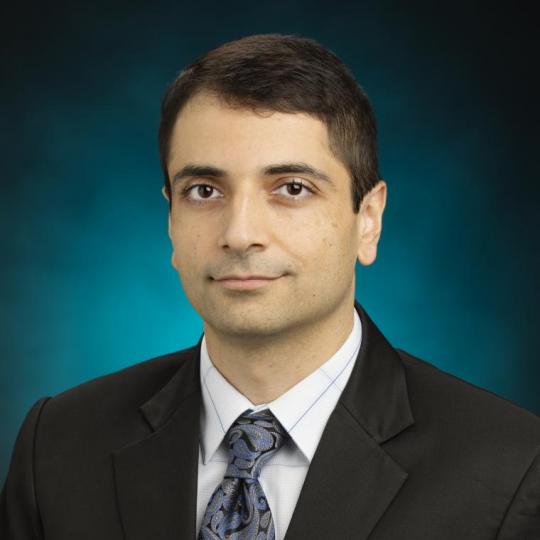TAVR
Transcatheter Aortic Valve Replacement
Overview
Transcatheter Aortic Valve Replacement (TAVR) is a minimally invasive procedure used to replace a degenerated aortic valve. The aortic valve helps blood flow out of your heart to the rest of your body. When this valve becomes narrowed or doesn't function properly, it can lead to symptoms such as fatigue, chest pain, and shortness of breath.
How does TAVR work?
Unlike traditional open-heart surgery, TAVR involves inserting a new valve using a catheter. This catheter is typically inserted through a blood vessel in the leg or another blood vessel. The new valve is guided to the heart and positioned within the existing aortic valve. Once in place, the new valve takes over the function of the original valve, ensuring proper blood flow.
How do I know if TAVR is right for me?
TAVR is primarily recommended for patients with severe aortic stenosis. Aortic stenosis is a condition where the aortic valve becomes narrowed, restricting blood flow from the heart. This can cause significant health issues and impact quality of life.
What to expect
- Preparation: Before the procedure, you will have a series of tests to ensure TAVR is right for you. These may include a CT scan, echocardiogram and electrocardiogram (EKG).
- Procedure: During the TAVR procedure, you will be placed under mild sedation or general anesthesia. The doctor will insert the catheter into a blood vessel, usually in the leg, and guide it to your heart using advanced imaging techniques. The new valve is then placed within the old valve.
- Recovery: Post-procedure, you will be monitored in the hospital for a few days. Your care team will ensure the new valve is functioning correctly and that you are recovering well.
Benefits of TAVR
- Minimally Invasive: TAVR is less invasive than open-heart surgery, typically resulting in a shorter recovery time.
- Rapid Symptom Relief: Many patients experience faster improvement in symptoms after the procedure.
- Shorter Hospital Stay: Patients generally have a shorter hospital stay compared to traditional open-heart surgery.
Contact us
If you are experiencing symptoms of chest pain, extreme tiredness, or shortness of breath, talk to your doctor. They can help determine if TAVR is right for you and answer any questions you might have.
For more information, or to schedule an appointment, please contact SIU Medicine at 217.545.8000.
Our providers
Why SIU
Continually learning
With a focus on continual improvement, our doctors take the time to research, study and innovate to provide the latest treatments for our patients.
Patient-first experience
Our care ranges from primary care physicians to specialists and sub-specialists who have advanced training. We're here for you when you need us.
Breakthrough tech
Continually teaching the next generation of doctors, our physicians use the latest developments in procedures and technologies for our patients.



